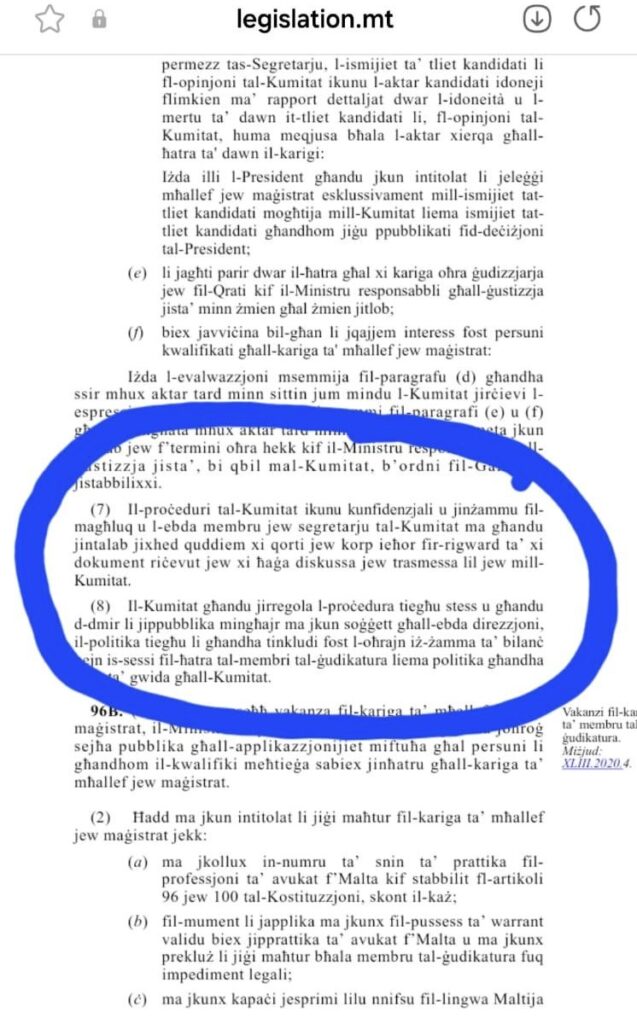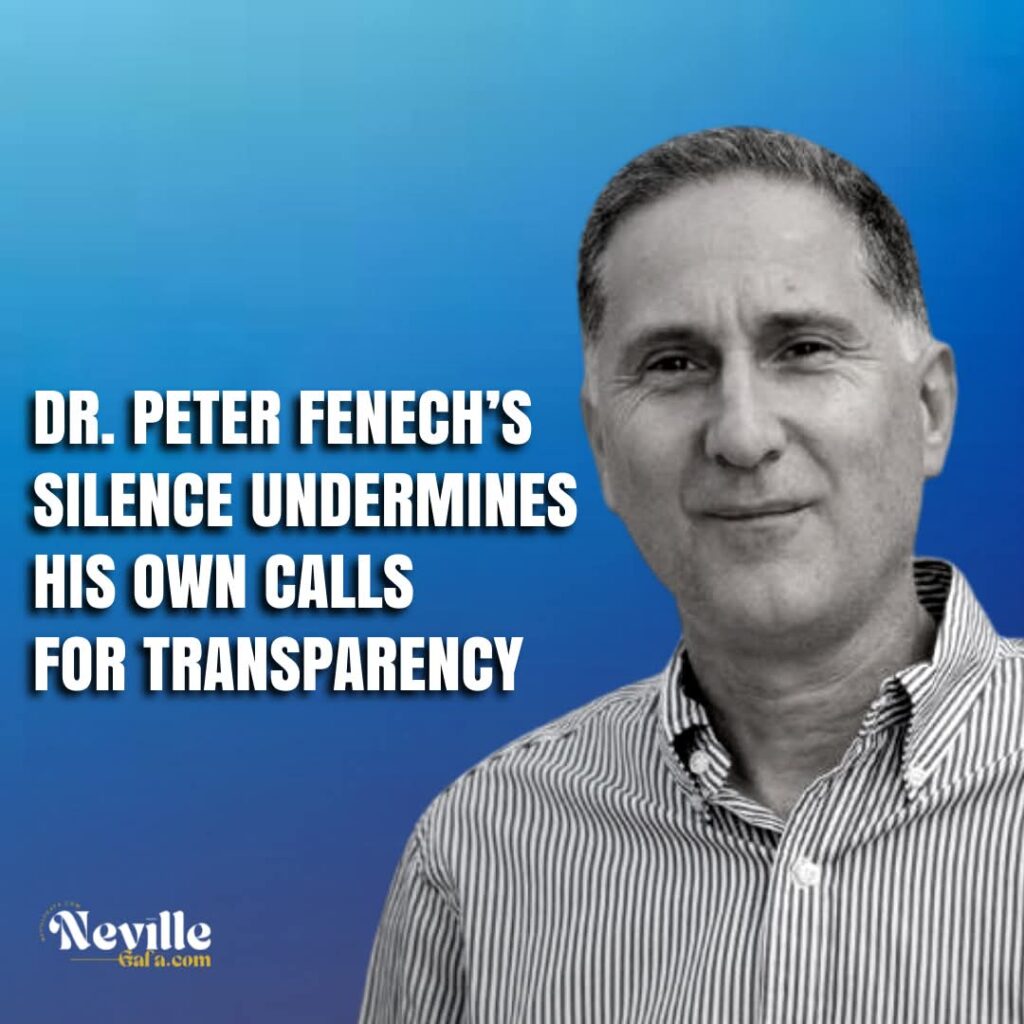In a recent exchange concerning the controversial appointment of Dr. Monica Borg Galea as magistrate, Dr. Peter Fenech, President of the Chamber of Advocates and member of the Judicial Appointments Committee, deflected my legitimate questions by referring to Article 96A(7) of the Constitution of Malta.

Dr. Monica Borg Galea
This constitutional clause was introduced with a specific and understandable purpose: to protect the integrity and professional standing of unsuccessful judicial candidates—lawyers who, the very next day, would need to continue practicing in court without the stigma of public rejection. It was never intended as a shield for those in power to dodge legitimate questions about process, transparency, or possible conflicts of interest.

Dr. Fenech should know this better than most.
Not only does he sit on the very Committee charged with judicial vetting, but he also has a long history of political and professional involvement. As a former Nationalist Party activist and Chief Electoral Commissioner for the PN, Dr. Fenech’s political past casts a long shadow over any role that demands impartiality.
This makes his recent silence all the more troubling—especially in light of his own prior statements on the importance of openness. In October 2024, Dr. Fenech publicly called for a full audit of the justice system, saying: “One needs the courage to carry out an audit, which in my opinion needs to be published for transparency’s sake.” His words were firm, clear, and admirable.
And yet, when asked a simple question—whether due diligence and possible conflicts were addressed before the Committee proceeded with interviews—Dr. Fenech’s reply was a wall of constitutional immunity. No explanations, no clarifications, no reassurances.

Peter Fenech
This is not transparency. This is evasion.
The people of Malta expect better from those entrusted with safeguarding the justice system. Silence in the face of legitimate scrutiny only fuels speculation and undermines the credibility of our institutions.
If Dr. Fenech truly believes in the principles he espouses—transparency, accountability, and fairness—then he should not hide behind a clause meant to protect others. He should lead by example.
Because trust in our judicial system is not built on silence. It is built on answers.





